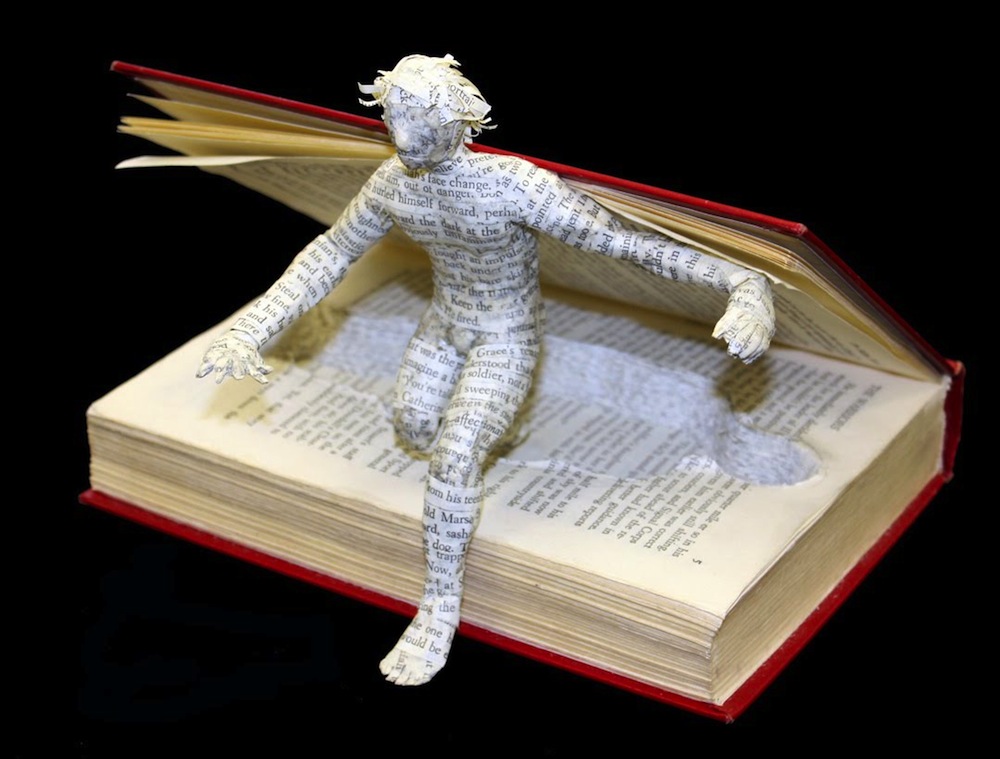The diarist, Anais Nin said, “We write to taste life twice, in the moment and in retrospect.” I’m always surprised to find my characters saying things that I haven’t thought. I often read what they’ve said and think, “That’s deep. Thanks for sharing that thought with me. I hadn’t thought of it in that way before.” But of course, I must have. My fingers just typed it. It’s not actually my character saying something, it’s the quiet part of my brain that’s been busily chewing on a problem finally churning out the answer. I write to discover what I believe. I write to understand my life. I write to understand others’ viewpoints. I write to live. And I live to write. Life is an amazing adventure and I love to capture its shades and shadows in words.
Ever After – by Josie Hume
Story. It’s there, trembling on my fingertips, dancing in the front of my brain. I can glimpse greatness, but so far it’s ephemeral. A hollow outline waiting to be filled. My character stands before me, arms folded, head thrust forward. “So, tell me what to do.”
I scowl. “Be patient, I’m thinking.”
The blank page mocks me. Glowing white, the cursor blinking. On. Off. On. Off. Waiting for me to type something. Anything.
My fingers move. Haltingly. Words I know I’ll never keep. They feel like progress, anyway. Water to prime the pump. Okay, here we go. A little better, a little smoother. Still nothing brilliant, but the plot is moving forward. I know I’ll be able to come back and revise. Edit. Erase. But for now, I’m content to push forward.
And it is a push. A physical effort. Brute force.
Things are plodding along when suddenly I stall. There’s a word I’m looking for. A certain word. It feels vitally important to find it now. Now, while I know what I mean to say. I click on my Thesaurus and comb through hundreds of words. No, not that one. Close, but not quite.
Ah. There it is.
I sit back, pleased with myself until I realize Newton’s first law of motion is in place. I am an object at rest. I have lost all momentum. It’s uphill again. My character rolls her eyes. “You shouldn’t have stopped.”
I grind my teeth.
I start again. Forcing creation. Shoving my character around. Dragging her, kicking and screaming, where I need her. “Knock it off,” I demand. “Stop acting like a teenager!”
She flips me the bird.
I have to smile. She’s a rebel. She’s strong and smart, and exactly how I want to be. That’s what this is: two strong personalities fighting each other. One of us has to be the adult.
“Fine,” I say. “Then you do it.”
And she does.
Now it’s flowing. Now I’m not a writer—I’m a stenographer, a reporter. I’m watching and recording—language, inflection, action. My fingers are flying over my keyboard. It’s coming so fast words are misspelled, and punctuation is missing. But all the right words are there, on the page.
I can see my creation, the one who is me—part who I am, and part who I hope to be. Alive. Acting independent of me, the creator. I’ve taken a backseat. My creation is dictating things now. It’s not my book, it’s hers.
Greatness.
And then, finally, silence. Exhaustion. I have no idea how much time has passed while the movie in front of me played out, while my fingers raced to keep up with the action. But now the colors fade and time slows. Reality reasserts itself. Dinner still needs to be made. Kids need help with homework. The list of things I meant to do today is still waiting on the kitchen counter.
My character winks at me. “See you again tomorrow.”
With a sigh, I close my laptop. Life beneath its cover seems so much easier. Cleaner. The story ends, summed up in three little words: happily ever after. For a moment in time, everything makes sense.
My life is messier. I lose my omniscience and have to bumble my way through my own first-person present-tense story. It’s full of starts and stops, wrong decisions, and the endless minutiae of living.
Rarely greatness, but often goodness and kindness and laughter.
There’s no happily ever after in the real world. No way to skip the boring parts or know how it’s going to end. But even here, I’m still the writer. I decide what stays and what goes. And maybe the best story is just in front of me: here, today.
I’m on the edge of my seat.
Joyfully, crazily, excitedly ever after.


Excellent! When you start out I see you struggling, slowly the image in my mind evolves to you pushing around a stick figure, then, suddenly, I see a willful young lady take over and live! Wonderful!
LikeLike
Fabulous! (And relatable. And delightful!) You definitely have a writer’s soul–and beautiful words.
LikeLike